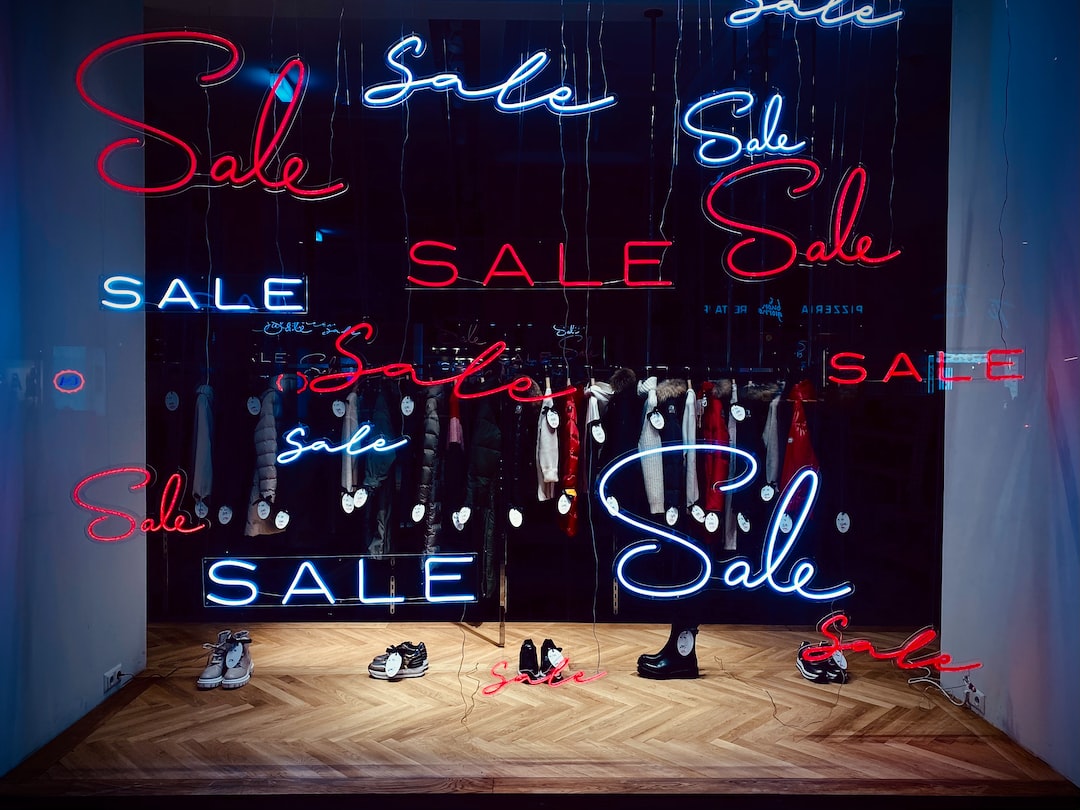The Power of Personalized Shopping: Customization in Retail
In the world of retail, personalized shopping experiences have become an integral part of the consumer landscape. With advancements in technology and changing consumer preferences, customization has emerged as a powerful tool for retailers to engage with their customers on a deeper level. This blog post will explore the importance of personalized shopping and how it benefits both retailers and consumers.
One of the primary advantages of customized shopping experiences is the ability to cater to individual preferences. Gone are the days of generic product offerings that attempt to cater to a broad audience. Today, consumers expect products and services that are tailored to their unique needs and tastes. Retailers that embrace personalization are better equipped to meet these expectations and foster stronger relationships with their customers.
Personalized shopping also allows retailers to gather valuable data about their customers. By analyzing customer preferences, purchase history, and behaviors, retailers can gain insights into consumer trends and identify new opportunities for growth. This data-driven approach not only helps retailers make smarter decisions about their inventory and marketing strategies but also enables them to tailor their offerings based on customer demand.
Furthermore, customization in retail creates a sense of exclusivity and enhances the overall shopping experience. When customers feel that they are being treated as individuals rather than mere transactions, it fosters a sense of loyalty and brand affinity. By allowing customers to personalize products or choose from a range of options, retailers can make them feel like active participants in the buying process and empower them to express their own unique style.
One industry where personalization has become particularly prominent is fashion. With the rise of e-commerce and online shopping, retailers have found innovative ways to offer personalized fashion recommendations. For example, many online clothing retailers now use algorithms that analyze customer browsing and purchasing history to suggest items that align with their personal style. This not only saves customers time and effort but also keeps them engaged with the brand, increasing the likelihood of repeat purchases.
Apart from fashion, the power of customization can be seen in other sectors as well. In the food and beverage industry, for instance, many coffee shops and restaurants offer customizable options to cater to various dietary preferences. This allows consumers to have control over what they consume while fostering a more inclusive dining experience.
Moreover, personalization is not limited to product customization alone. In retail, customization extends to services as well. For instance, some retailers offer personalized styling services, where customers can consult with experts to create the perfect outfit or home décor. This level of personalized service not only adds value to the customer experience but also sets retailers apart from their competitors.
It is worth noting that technology plays a critical role in enabling personalized shopping experiences. Retailers leverage tools such as artificial intelligence, machine learning algorithms, and customer relationship management systems to collect and analyze customer data. These technological advancements help in understanding customer preferences, predicting future needs, and providing customized recommendations across various touchpoints, including websites, mobile apps, and in-store displays.
In conclusion, the power of personalized shopping cannot be underestimated in today’s retail landscape. Customization allows retailers to cater to individual preferences, gather valuable data, create exclusivity, and enhance the overall shopping experience. By embracing personalization, retailers can forge stronger connections with their customers and stay ahead in an increasingly competitive market. As technology continues to advance, the potential for customization in retail is only set to grow, offering exciting opportunities for both retailers and consumers alike.

